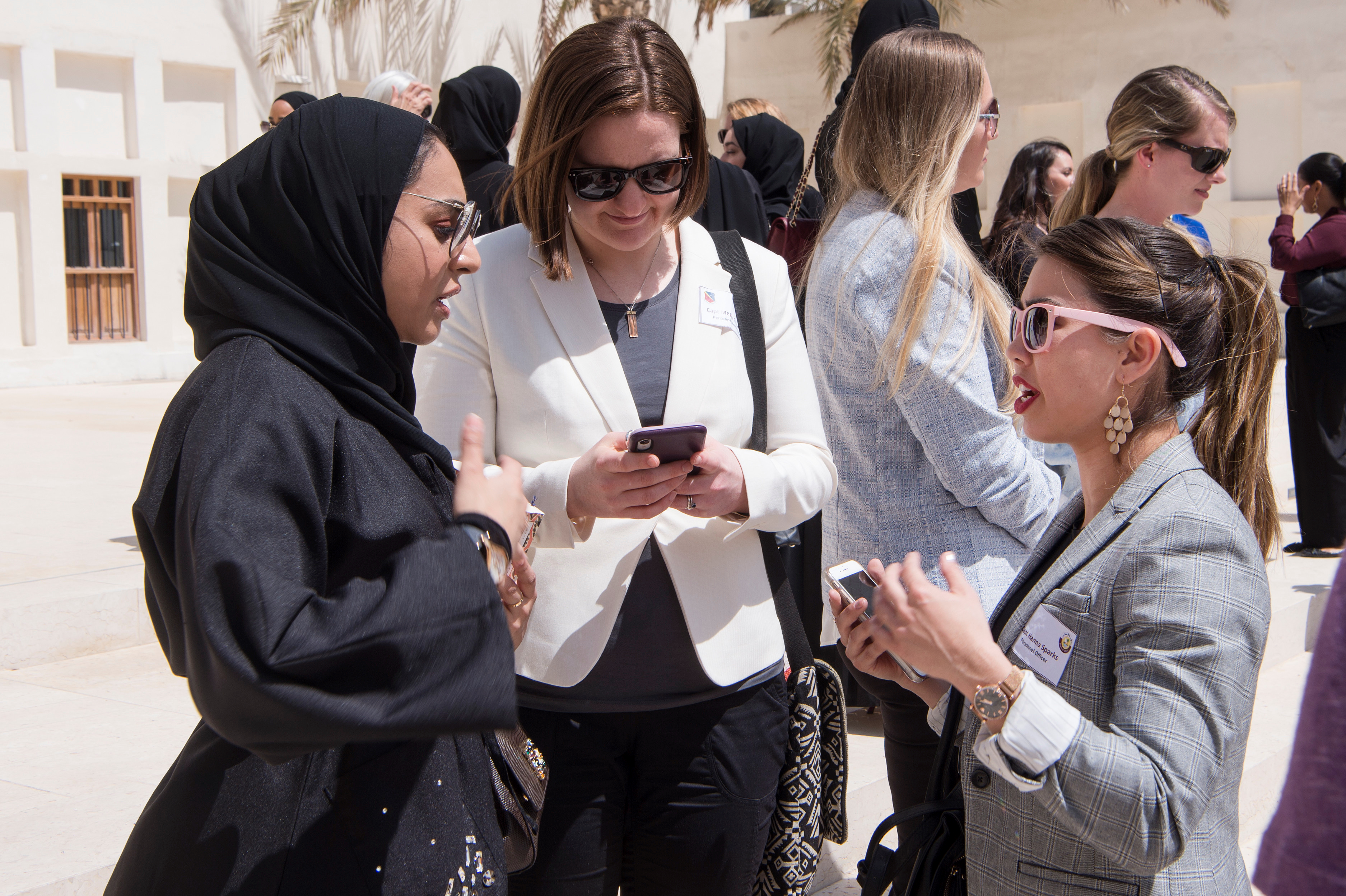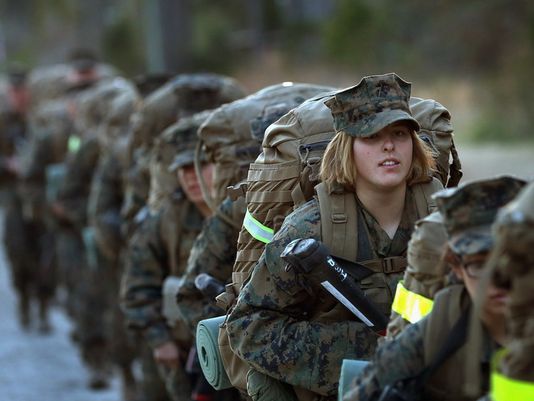Security-related fields across the international community continue to perpetrate gendered ideals which prohibit women from contributing, specifically in counterterrorism. The existing gender bias associates women in security with roles of peacekeeping, while inherently placing them on the periphery in the counterterrorism sector.
In 2014, the United Nations Secretary General announced that members should “consider the participation of women in efforts to prevent and counter terrorism”, marking the initial recognition by the General Assembly of the contribution of women to counterterrorism and in countering violent extremism (CVE). The number of women participants involved in terrorist operations continues to grow at a rapid rate, which calls for urgent action in the field of counterterrorism. The inclusion of women’s perspectives in counterterrorism practices can contribute to an improved vision on new ways to combat gender-targeted terrorism. Despite this initial recognition of the need for women’s inclusion in counterterrorism, advancements for women-led initiatives are slow-moving.
The Global Counterterrorism Forum outlines suggestions of specific measures for implementation of women in countering violent extremism in a document entitled “Good Practices on Women and Countering Violent Extremism”.This document highlights two main tenets related to women in counterterrorism efforts, the first being the inclusion of women’s perspectives in the creation of policies, as well as to ensure that women’s involvement in violent extremism is countered.
Problems with methods of implementation
The recognition of the inclusion of women in counterrorism efforts is an important milestone for women in security, although the manner in which this notion is being implemented is problematic. The current method is striving to open individual security sectors to include women instead of opening all sectors and later creating exceptions or regulations thereafter. The gender bias of which roles are “suitable” for women remains intact in this practice.
Current initiatives to include female perspectives in security include the creation of the 1325 Scorecard, an idea put into practice in the year 2014 following the Wales Summit Meeting, after a statement promoting the addition of gendered perspectives in security policy making, which was said to “contribute to a more modern, ready and responsive NATO…the 1325 Scorecard, which serves to assess how NATO member states (including partners) are integrating the principles of UNSCR 1325 into their military operations.” But the focus of the 1325 Scorecard is not solely the inclusion of women’s perspectives – it also seeks to establish an understanding of the different experiences of both men and women in security.
Canada’s implementation of UNSCR 1325
As a NATO member state, Canada’s implementation of UNSCR 1325 contains four main tenets: a) Prevention, b) Participation, c) Protection and d) Relief and Recovery. Despite these efforts, women’s roles in security continue to focus mainly on efforts such as peacekeeping rather than full implementation in counterterrorism positions. The section for Participation follows as such: “advocates for the active and meaningful participation and representation of women and local women’s groups in peace and security activities, including peace processes, as well as greater participation by women in peace operations as soldiers, police, and civilian representatives”. Women’s roles on the frontlines of security are mentioned, but the focus of the rhetoric is women in peacekeeping positions; women’s roles in counterterrorism efforts are not directly outlined.
The fact remains that opportunities for women in counterterrorism roles are significantly lacking. The growing prevalence of female terrorists can be better countered by empowering more women in counter-terrorism positions. The importance of including women’s roles in counterterrorist efforts has been addressed by influential actors, although the programs in place remain gender-biased and continue to recreate the gendered notion that women should remain in peacekeeping roles when it comes to security.
Women in counterterrorism could be involved in countering remote methods of recruitment by understanding the gender-targeted propaganda used by ISIS and other terrorist organizations, as well as developing ways to combat these recruitment mechanisms. Another initiative for women in counterterrorism could include women physically going to terrorist-run refugee camps and working to understand the motivations and struggles of women in terrorist-affected areas.
Featured Image: “U.S., Qatar military women build relationships over breakfast” By Tech. Sgt. Christopher Hubenthal, 379th Air Expeditionary Wing Public Affairs / Published April 16, 2019 via Official United States Air Force Website
Disclaimer: Any views or opinions expressed in articles are solely those of the authors and do not necessarily represent the views of the NATO Association of Canada.




